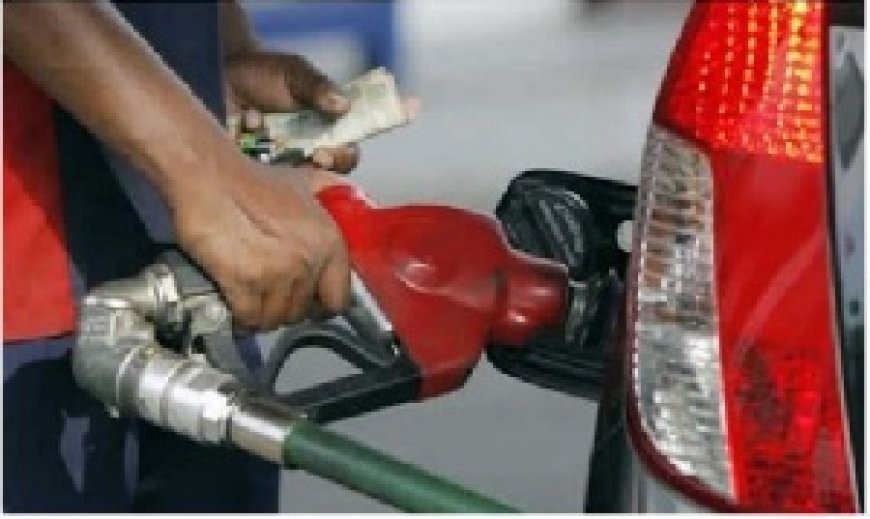Fuel prices drop for the third time in a row
Fuel prices in Ghana have experienced a notable decline for the third consecutive time, bringing relief to consumers nationwide. Effective March 16, 2025, petroleum products have seen significant reductions at the pumps.

Current Price Adjustments
-
Petrol: The price per liter has decreased by 4.5%, now retailing at ¢14.90, down from the previous ¢15.60.
-
Diesel: A 3.8% reduction has brought the price to ¢15.90 per liter, a decrease from ¢16.50.
-
LPG: Consumers can now purchase liquefied petroleum gas at ¢17.35 per kilogram, reflecting a 3.9% drop from the earlier price of ¢18.05.
These adjustments are based on the latest pricing outlook report guiding Oil Marketing Companies (OMCs) from March 16 to March 31, 2025.
Contributing Factors to the Price Drop
Several key factors have contributed to this consistent downward trend in fuel prices:
-
Decline in Crude Oil Prices: The global market has seen a 4.16% reduction in crude oil prices during this pricing window, leading to corresponding decreases in refined product costs.
-
Strengthening of the Ghanaian Cedi: The local currency has appreciated against major foreign currencies, reducing the cost of importing petroleum products.
-
International Market Dynamics: Refined product prices have shown significant downward trends, with petrol, diesel, and LPG prices dropping by 9.22%, 6.37%, and 9.00% respectively.
Implications for Consumers and the Economy
The sustained reduction in fuel prices is expected to have several positive impacts:
-
Cost of Living: Lower fuel prices can reduce transportation and production costs, potentially leading to lower prices for goods and services.
-
Inflation Control: Affordable fuel prices can help in stabilizing inflation rates, contributing to overall economic stability.
-
Business Operations: Businesses, especially those heavily reliant on transportation, may experience reduced operational costs, enhancing profitability.
Future Outlook
Industry experts remain cautiously optimistic about the continuation of this trend, contingent upon global oil price movements and the stability of the Ghanaian cedi. Consumers and businesses alike are hopeful that these favorable conditions will persist, further bolstering economic activities in the country.
In conclusion, the third consecutive drop in fuel prices marks a positive development for Ghana's economy, offering tangible benefits to consumers and businesses. Continuous monitoring of global oil markets and currency exchange rates will be essential to maintain this momentum.
What's Your Reaction?




















































































